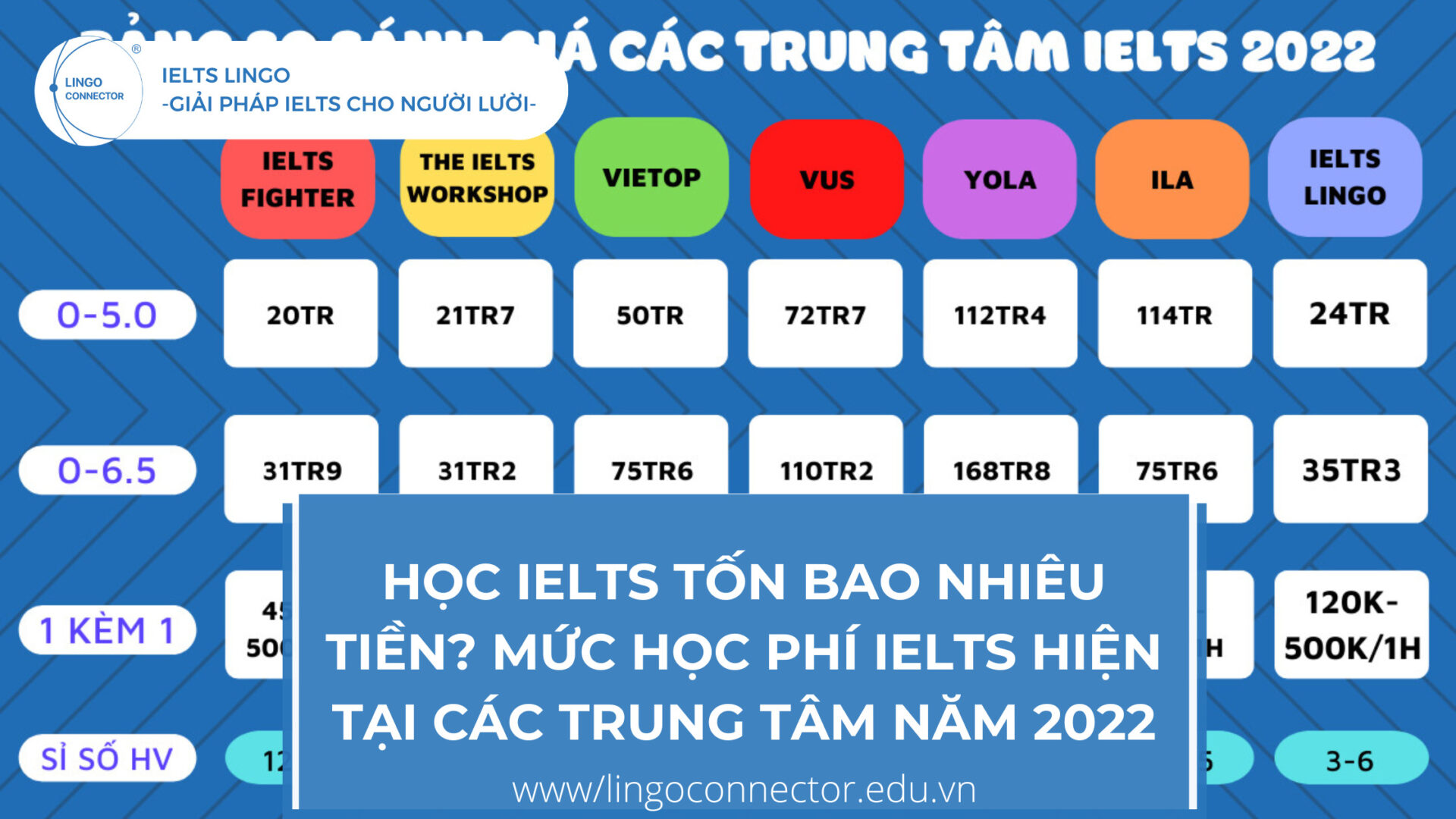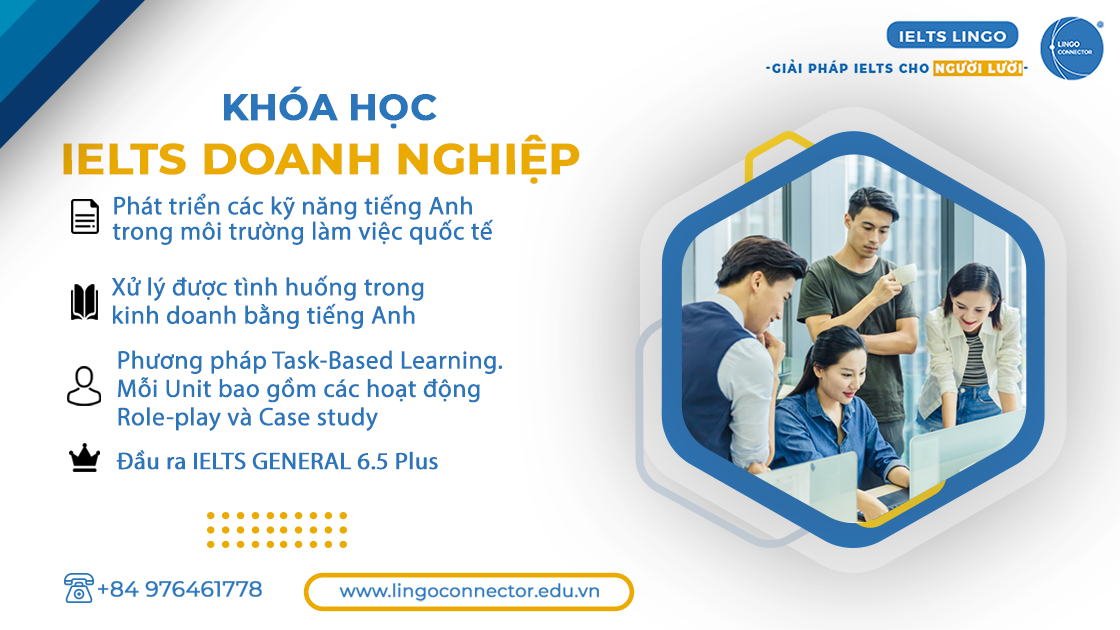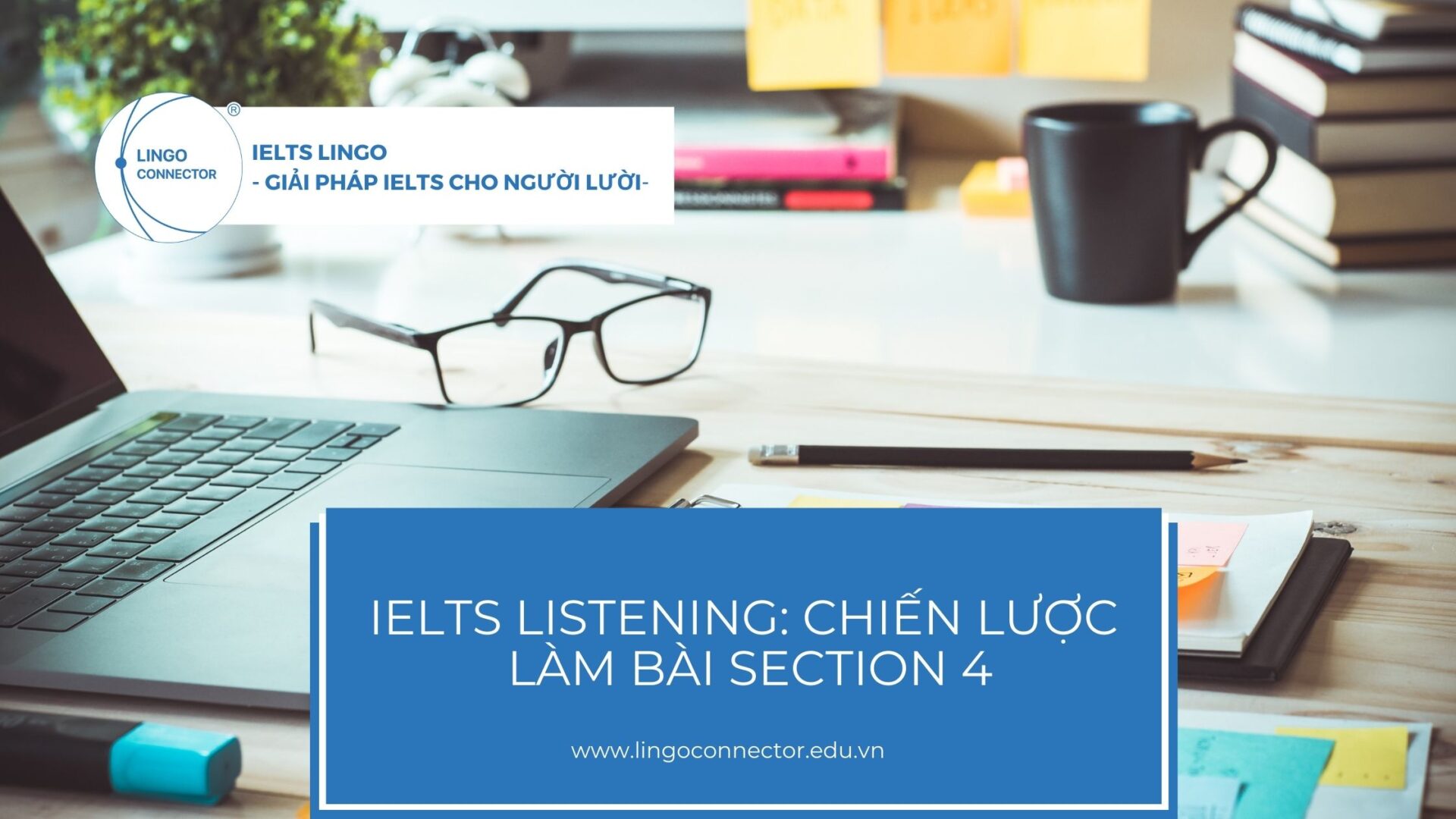Chào các bạn , hôm nay LINGO CONNECTOR xin gửi đến các bạn đề thi IELTS WRITING TASK 2 NGÀY 5/9/2020 nhé!
Question: Some educationalist say that every child should be taught how to play a musical instrument. To what extent do you agree or disagree?
It is the case that a growing number of children have been learning to play musical instruments. While it is sometimes argued that compelling kids to learn anything apart from literacy skills can be unfair for them, I believe that it is a wise and beneficial investment.
To begin with, learning a musical instrument can be disadvantageous. Firstly, this can be a time-consuming journey that takes a lifetime of dedication. For example, for a child to be skillful enough, he/she must not only undergo several years with trainers but also allocate plentiful time for self-practice. Secondly, being engaged in learning music performances may be expensive as well. For instance, parents must pay for weekly music lessons, books, rehearsals/concerts, costumes, examination fees, or musical instruments. Thus, not all families can facilitate and/or afford their offspring’s musical instrument pursuits.
However, I am strongly convinced that learning to play musical tools should be prioritized and need to commence at a very early stage of one’s life. The first reason for my argument is that music skills are likely to lead to other intellectual capacities. Many studies have consistently illustrated that learning a musical instrument can improve children’s critical thinking, problem-solving skills, math’s/language performance, and memory. Another incentive for my support is that being able to play a musical instrument can be a mentally and physically healthy hobby. Children can grow up with positive emotional states nurtured by the rhymes and melodies they play; they can also exercise via the finger and body movements. This can help children minimize other sedentary pursuits like using electronic gadgets or playing video games which are certainly problematic for them if they abuse these activities.
In conclusion, while it is true that music lessons can cause financial and time issues to some, it is my perspective that children, especially those with an aptitude for music, should have the opportunity to learn a musical instrument.
Structure
Body 1:
– Time-consuming journey – undergo several years with trainers but also allocate plentiful time for self-practice
– expensive – pay for weekly music lessons, books, rehearsals/concerts, costume – afford their offspring’s musical instrument pursuits
Body 2:
– lead to other intellectual capacities – can improve children’s critical thinking, problem-solving skills, math’s/language performance, and memory
– a mentally and physically healthy hobby – grow up with positive emotional states – minimize other sedentary pursuits
Vocab
– apart from: ngoài cái gì đó
– a lifetime of dedication: cả đời nổ lực
– undergo: trải qua
– Allocate: phân bổ
– pursuits: theo đuổi cái gì đó
– commence: bắt đầu
– intellectual capacities: khả năng tư duy
– a mentally and physically healthy hobby: sở thích lành mạnh về thể chất và tinh thần
– nurtured: nuôi dưỡng
– minimize: giảm thiểu
– sedentary: tính lười vận động
– abuse: lạm dụng
– aptitude: năng khiếu
Xem thêm :
CÁCH VIẾT DẠNG OPINION ESSAY IELTS WRITING TASK 2 (Nên xem)
ĐỀ THI IELTS WRITING TASK 2 NGÀY 31/10/2020
BỘ ĐỀ THI IELTS WRITING 2020 CỦA LINGO CONNECTOR BIÊN SOẠN
10 Lỗi thường gặp trong IELTS Writing
CÁCH VIẾT NHANH TRONG IELTS WRITING
CÁC DẠNG ĐỀ & TOPIC TRỌNG TÂM ÔN IELTS WRITING TASK 1 & 2
Đặng Đình Hải_Marketing Lingo























